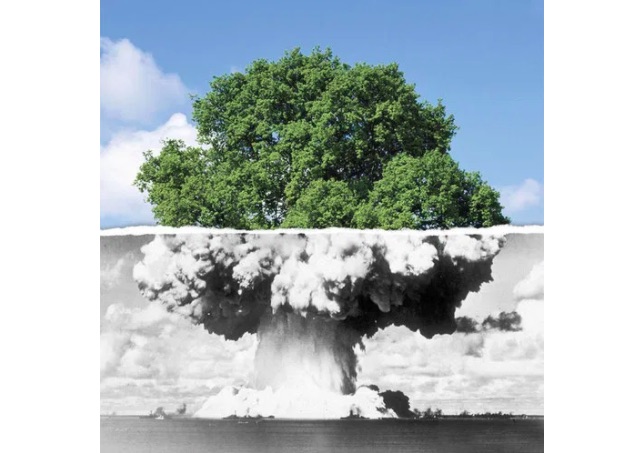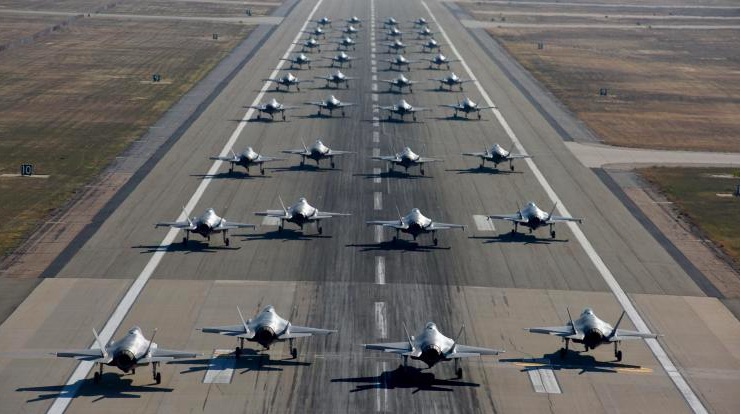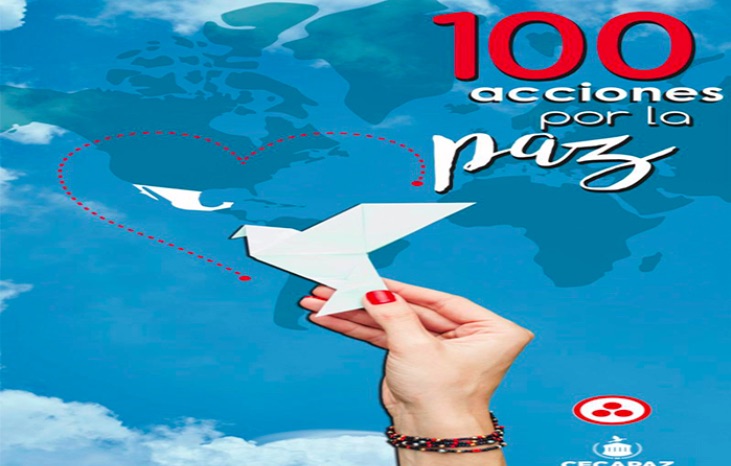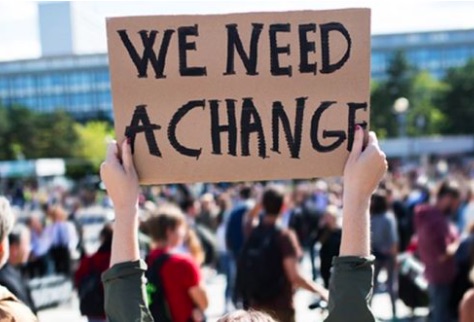. TOLERANCE & SOLIDARITY .
An announcement from the United Nations Alliance of Civilizations
The Youth Solidarity Fund (YSF) supports youth-led organizations that foster peaceful and inclusive societies. Seed funding is given to projects, for and by young people, that demonstrate innovative and effective approaches to intercultural or interfaith dialogue. UNAOC additionally offers capacity-building support to help youth-led organizations strengthen the implementation of their projects.
Established in 2008, YSF responded to calls for action made by young civil society leaders worldwide on the importance of establishing funding mechanisms for youth-led organizations. Today, YSF is more relevant than ever. As the global agenda increasingly speaks of youth’s participation and contribution to peace, development and security, it is critical to listen and respond with funding and partnership opportunities. Click here to start application process
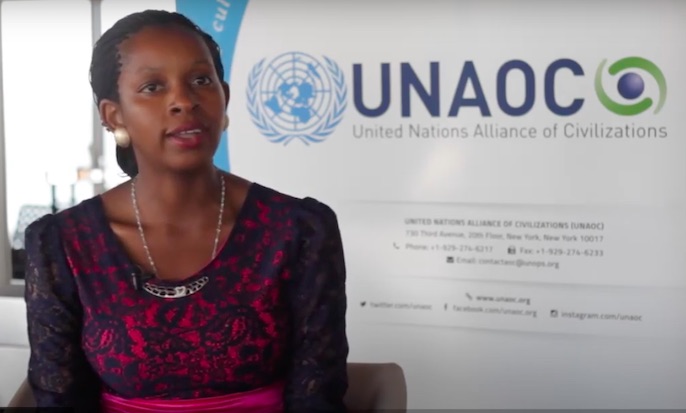
Photo from video about previous YSF winners
The funded projects are youth-led and youth-focused. The age definition used by UNAOC to characterize youth is an individual between the ages of 18 and 35. While the projects target mainly young people, they have an impact on entire communities, often involving religious or political leaders, policy-makers, educational institutions and media organizations.
Youth Solidarity Fund – 9th Edition
The world today is home to the largest youth generation in history, a population that suffers disproportionately from the effects of violence, conflict, poverty, and now COVID-19. The repercussions of COVID-19 extend way beyond health and are exacerbating existing vulnerabilities and inequalities. The UN Comprehensive Response to COVID-19 states that the world is experiencing a “surge of stigma, a tsunami of hate, and ramped-up efforts to exploit young people.” To counter this alarming trend, it calls for more action to address the root causes of intolerance and discrimination by promoting inclusion and respect for diversity.
Despite COVID-19 and many other obstacles and challenges, young people continue to find ways to engage, support one another, as well as demand, and drive change. Young people implement innovative solutions to peace and security challenges and are the most able to mobilize their peers. They have the power to transform entire regions to make them more secure, peaceful, and socially inclusive. This has been recognized by the United Nations’ Youth, Peace and Security agenda, which has increasingly focused on youth as agents of change and key actors in powerful social movements. The latest Security Council Resolution on YPS 2535 (July 2020) reiterates youth-led organizations’ critical role in planning and stabilization efforts in peacebuilding and sustaining peace. Indeed, these organizations have a deep understanding of local conditions and meaningful community relationships, allowing them to work with populations that may be difficult for others to access.
Our world has recently witnessed a tragic surge in religious hatred, with increased attacks and violence targeting members of faiths and traditions. In the face of these unspeakable tragedies, the world has also witnessed extraordinary displays of support, love, and solidarity from religious communities across the globe for the victims of such attacks. That led to the creation of the United Nations Plan of Action to Safeguard Religious Sites, developed by UNAOC and launched in September 2019, highlighting the need to create counter-narratives to hatred and violent extremism and promote sustained collaboration among different religions through interreligious dialogue, education, and media. Youth empowerment, including their meaningful participation in decision-making, can play an essential role in whole-of-society preventative approaches.
(continued in right column)
Youth initiatives for a culture of peace, How can we ensure they get the attention and funding they deserve?
(continued from left column)
YSF continues to support youth-led civil society organizations, with a particular focus on the role of young people in promoting peace and preventing violent extremism. YSF does so by providing the partnership, mentorship, and financial means to help young people implement activities that prevent violent conflict, promote peace and social inclusion. YSF functions as a small grant-making mechanism for youth to develop their own ideas on strengthening community resilience against violent extremism conducive to terrorism. UNAOC believes that young people are uniquely placed to counter and prevent violent extremism within their communities based on their valuable insights, influence, and credibility.
Additionally, YSF contributes to the implementation of the UN Secretary-General’s Plan of Action to Prevent Violent Extremism and the call to support young people as they take up the causes of cultural and religious pluralism, peace, and mutual respect. The 9th edition of YSF encourages proposals addressing the increased stigma and discrimination of young people and their communities exacerbated by the COVID-19 pandemic. Proposals focusing on promoting tolerance and respect for other religions and cultures, the right of human beings to practice their faith in safety and peace, and dialogue and respect to combat extremist ideologies and narratives, are also welcome. By addressing the issue of hate speech and its impact on young people, the new edition of YSF will also follow recommendations of the UN Strategy and Plan of Action on Hate Speech.
A critical part of YSF is a comprehensive capacity building and mentorship support provided to the grant recipients. Organizations that will be awarded with the seed funding for their projects will also take part in structured capacity development program, consisting of workshops and regular mentoring sessions. Through tailor-made mentorship, the workshops will offer know-how on diverse topics, including organizational development, sustainability and personal safety in the field. Additionally, the program also provides grant recipients an opportunity to network with their peers and build connections with the international community. This capacity development program is based on the Youth 360 approach developed by Search for Common Ground with UNAOC and other partners.
Impact
Since 2008, UNAOC has launched eight YSF editions and provided funding to youth-led organizations based in Africa, the Americas, Asia and Europe. To date, a total of 68 projects have been funded, reaching around 95,000 direct beneficiaries in 40 countries. In total, more than 1.7 million direct and indirect beneficiaries have been impacted over the past twelve years.
The projects funded by YSF target young people from various backgrounds: students, marginalized youth, minorities, youth in rural or urban areas, youth in conflict or post-conflict situations, artists and activists. The youth-led organizations employ creative methodologies to break stereotypes, improve intercultural relations and promote a culture of peace, including:
– Educational activities, ranging from one-day awareness raising sessions to week-long trainings, peer-education activities, summer camps, as well as development of educational materials and tools and creation of networks of student leaders and youth clubs;
– Arts and sports as tools to address conflict in a non-violent way, to promote inter-community understanding and to raise-awareness about the dangers of sectarianism, extremism and radicalization;
– Media and social-media campaigns, video production for advocacy purposes and radio series to promote messages of tolerance and peace;
– Creative settings that facilitate intercultural dialogue, interfaith understanding, sharing of experiences and learning from each other in order to bring meaningful change to their society.
Click here to start application process
(Editor’s note : The February 2021 newsletter of the UNAOC announces that “The call for applications for the ninth edition of UNAOC’s Youth Solidarity Fund recorded its highest submission rate with 1,508 applications from youth-led organizations representing 76 countries! UNAOC is now in the process of selecting a group of organizations that will have a chance to participate in capacity-building workshops provided by its project partner, Search for Common Ground. This new interactive component is introduced to strengthen the project proposals and widen the support provided to the youth organizations that invested their time and efforts in the application process.”)

